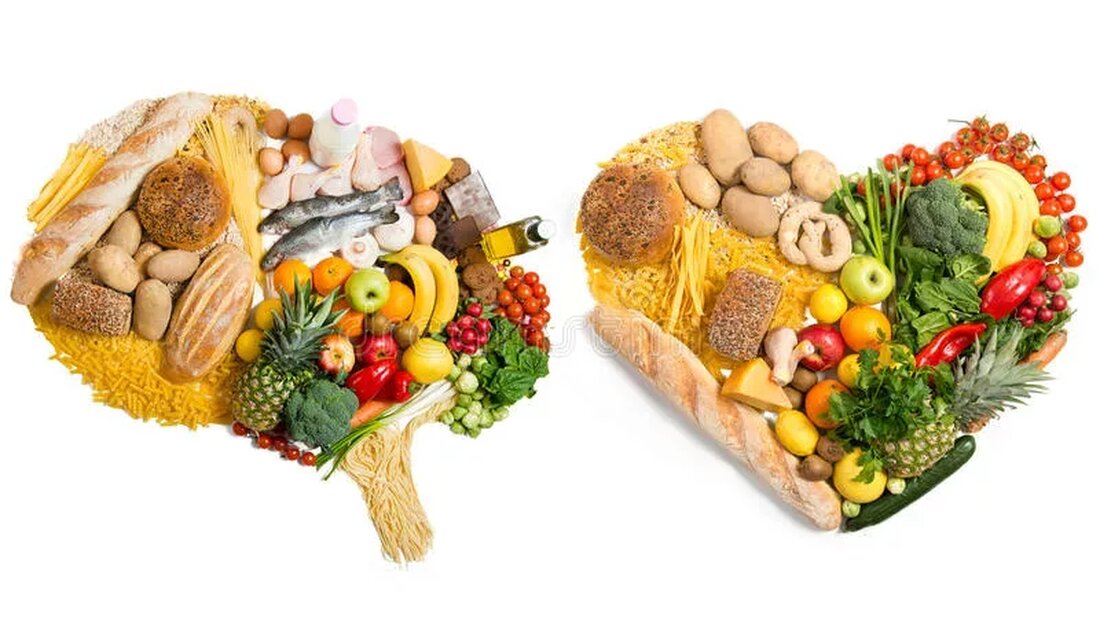An Aromatherapist Explains - What is Aromatherapy?
The word “aromatherapy” appears in so many places and on so many products that it’s no surprise that many people are very confused about what it really means. Unfortunately, there is no legal definition of “aromatherapy,” so unfortunately this will not change in the near future. What exactly is “aromatherapy”? Is it more than just something that smells good? The word “aromatherapy” can mean that the therapy is all about the aromas. But aromatherapy is more than just a pretty smell, using aromatic components of plants for their healing and health benefits. Aromatherapy is the practice...

An Aromatherapist Explains - What is Aromatherapy?
The word “aromatherapy” appears in so many places and on so many products that it’s no surprise that many people are very confused about what it really means.
Unfortunately, there is no legal definition of “aromatherapy,” so unfortunately this will not change in the near future.
What exactly is “aromatherapy”? Is it more than just something that smells good?
The word “aromatherapy” can mean that the therapy is all about the aromas. But aromatherapy is more than just a pretty smellaromatic components of plantsfor their healing and health benefits.
Aromatherapy is the practice of using essential oils, volatile plant extracts, to promote and improve the health of the body, mind and spirit.
It is important to remember that all essential oils used in aromatherapy arepure vegetable oils.They do not contain synthetic oils or fragrances or other aromatics such as incense, and do not include many products on the market that use the word aromatherapy to describe products that smell good - even if there are no therapeutic benefits. (See future blog posts for more information on essential oils.)
Another feature of aromatherapy is that it is aholistic therapyin the sense that the effects are felt on multiple levels – physical, mental, emotional, spiritual and energetic. This means that aromatherapy can have benefits for everything from physical ailments to mental and emotional effects and more.
For this reason, aromatherapy fits in very well with other modalities. So you can see aromatherapists who also practice in massage, naturopathy, nursing, midwifery, kinesiology and many other fields. Or essential oils, which are incorporated into other modalities by a variety of practitioners. (To use essential oils, every practitioner should have proper training - many do; however, some do not - we will explain how to tell it in a future blog post.)
When practiced as a professional modality, aromatherapy is focused on the specific needs of the individual and utilizes the therapist's detailed knowledge to create a unique treatment program. This may include massages or other body treatments or treatments used by the client at home.
Of course, aromatherapy can also be practiced at home on a more basic level using essential oils in diffusers, inhalers, or in massage or body oils and skin care products. They can even be used for cleaning and other household purposes.
There are many ways to use aromatherapy to reap the benefits of essential oils. Watch for future posts with more information on the many ways you can use essential oils.

 Suche
Suche
 Mein Konto
Mein Konto
